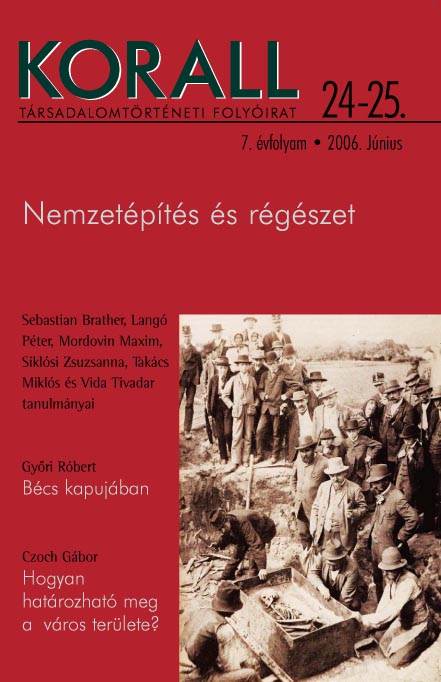A régészeti kultúra fogalmának változása és az etnikai identitás azonosítása az ősrégészeti kutatásokban
The change of the conceptof archaeological culture and the identifi cation of ethnic identityin prehistoric research
Author(s): Zsuzsanna SiklósiSubject(s): History
Published by: KORALL Társadalomtörténeti Egyesület
Summary/Abstract: The concept of archaeological culture is fundamentally diff erent from the conceptof culture used in everyday language or social sciences. Th is notion, initiatedby Gordon Childe, became the fundamental analytical unit of traditionalarchaeology. Its meaning underwent considerable change during the history oftheoretical archaeology, until its use seriously declined in recent years.The basic question is how social groups can be defi ned by archaeologicalmethods, which is closely connected with the research of ethnic and culturalidentity. Traditional archaeology identifi ed archaeological culture withethnicand language groups. New Archaeology later questioned this identifi cation andprocessualist archaeologists were sceptical about being able to defi ne the boundariesof self-identifying groups. Postprocessualist archaeology in recent decadesyielded important results in the identifi cation of ethnic groups. The realizationof complex use of material culture as well as the relative and situational natureof ethnic borders resulted in emphasis on individual interpretation of archaeologicalfi nds instead of generalization. In connection with this, the use of theconcept of style is increasingly coming to the forefront instead of the use ofarchaeological culture.
Journal: Korall - Társadalomtörténeti folyóirat
- Issue Year: 2006
- Issue No: 24-25
- Page Range: 73-88
- Page Count: 16
- Language: Hungarian

